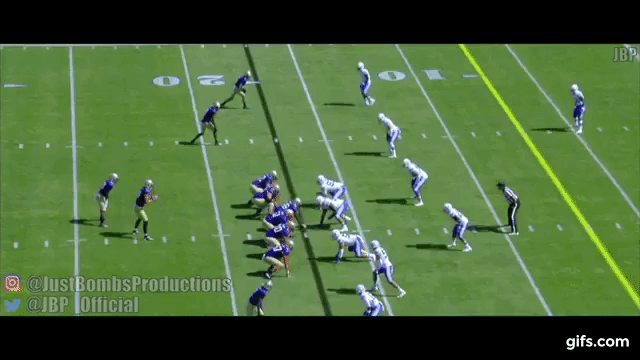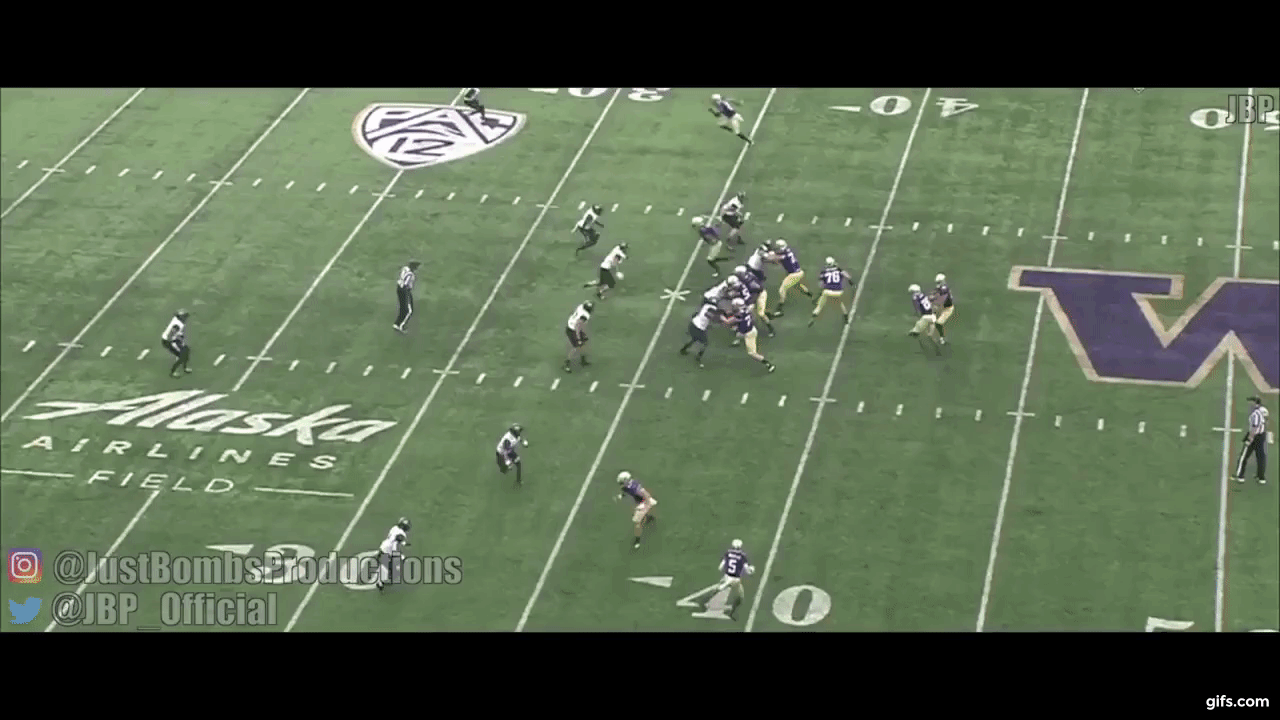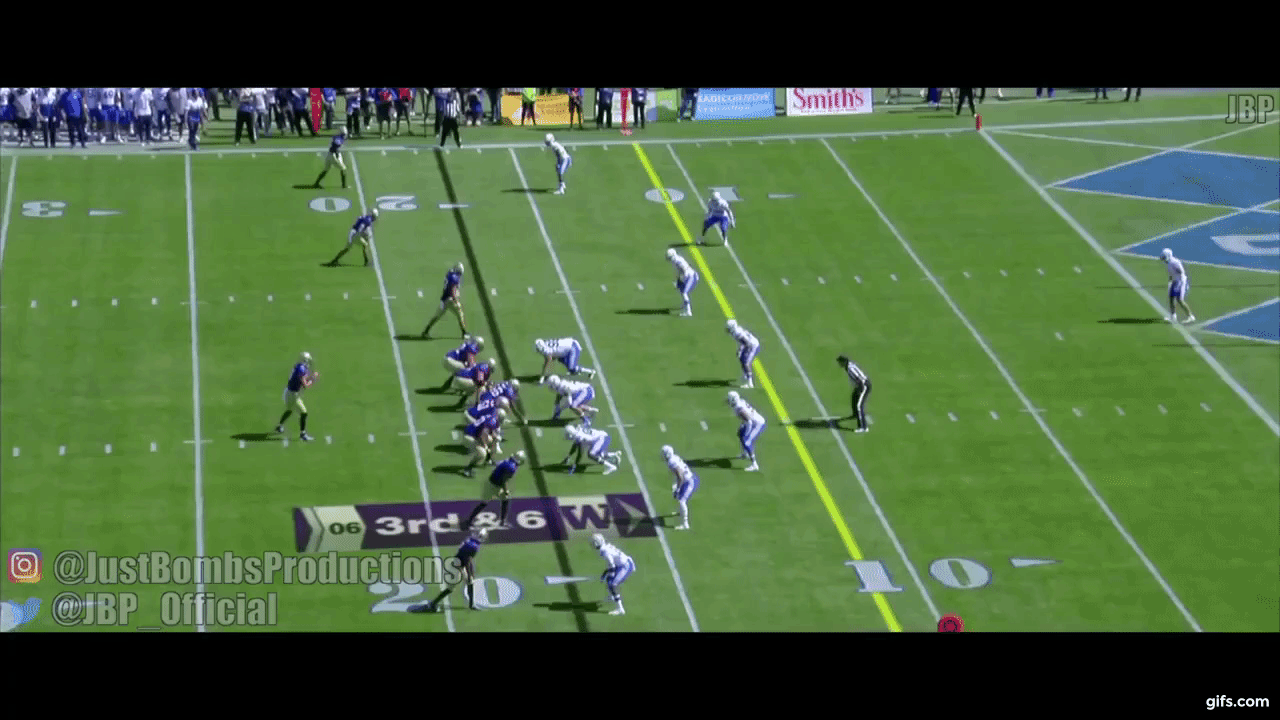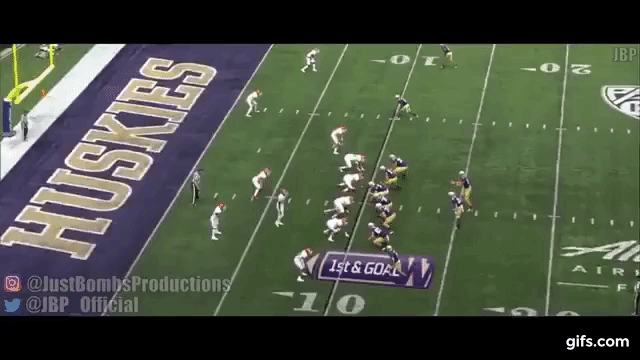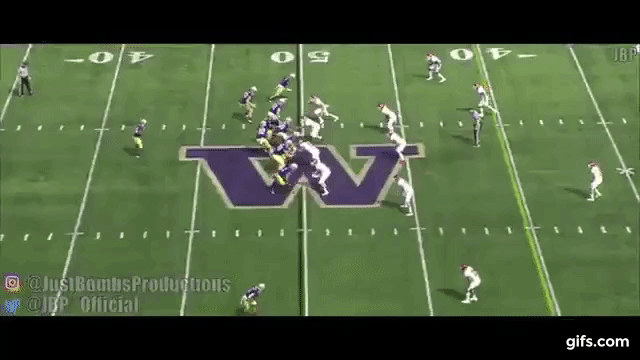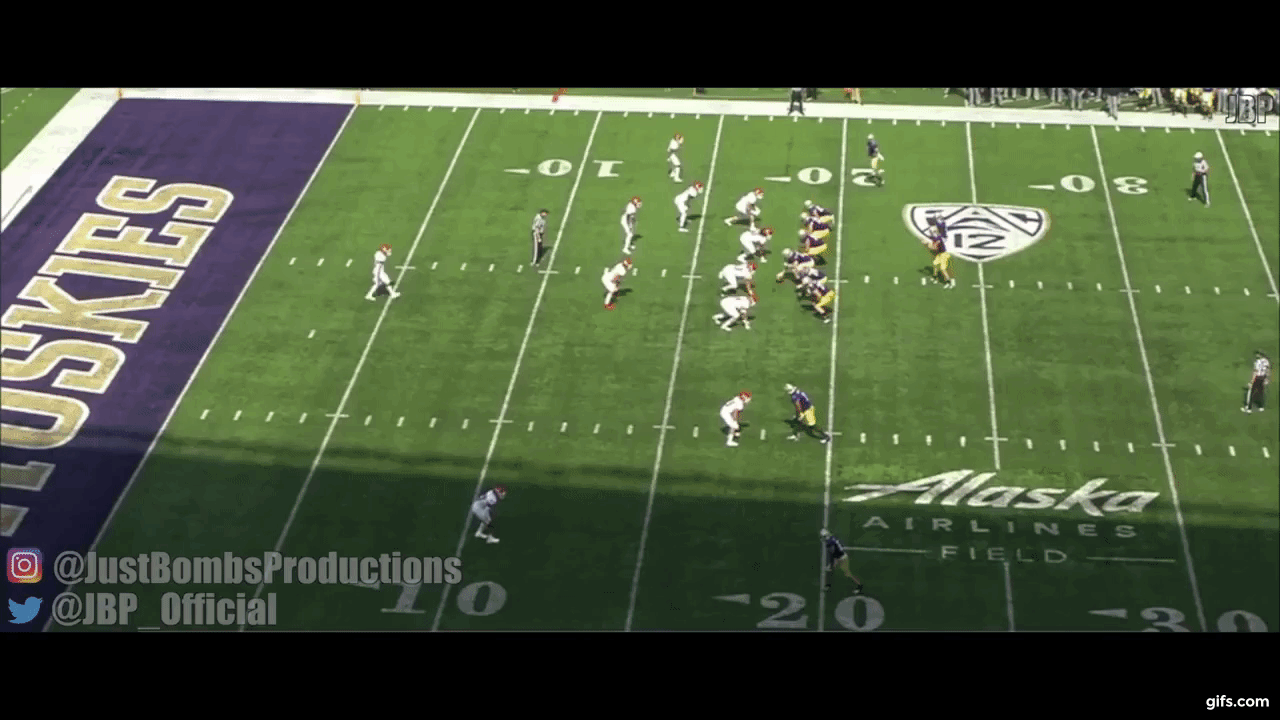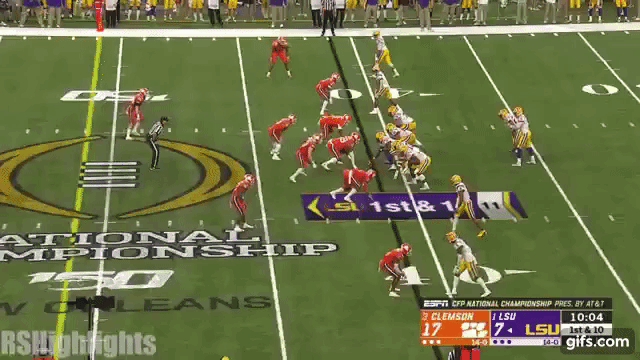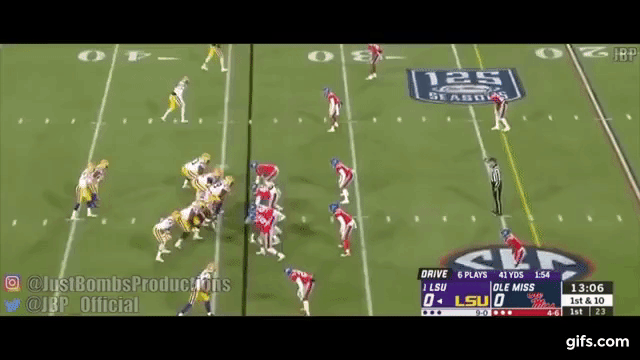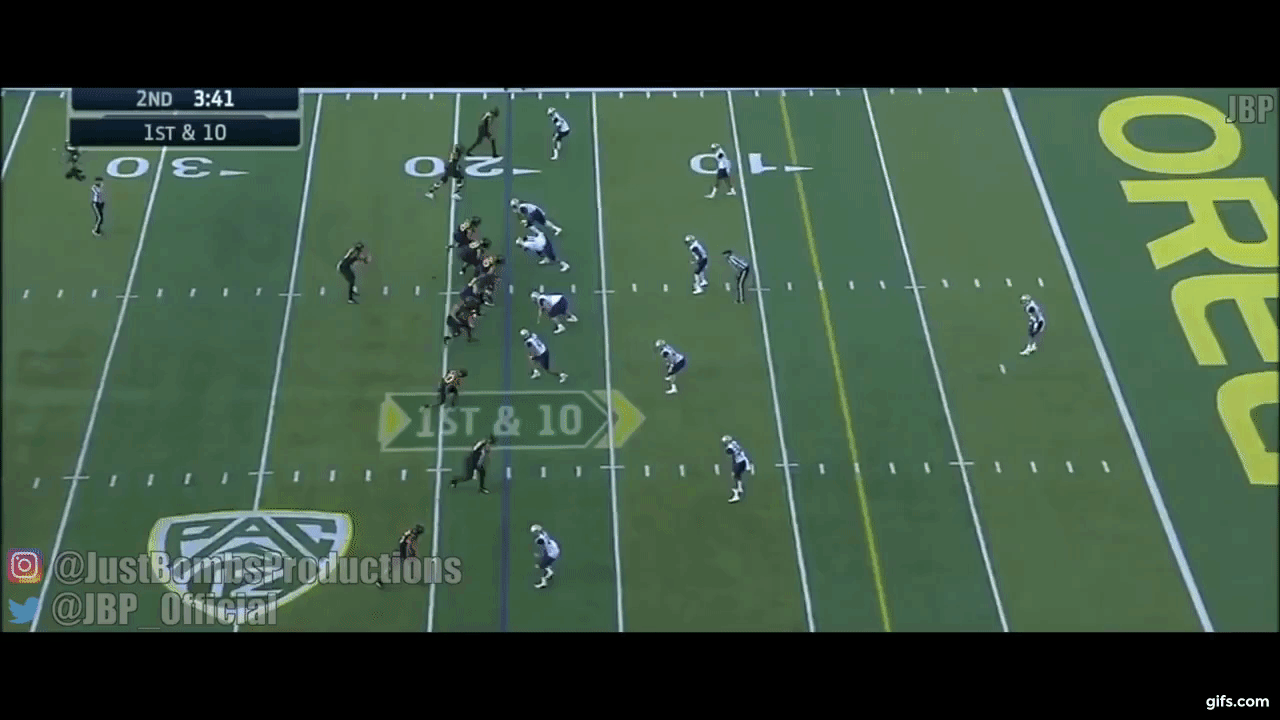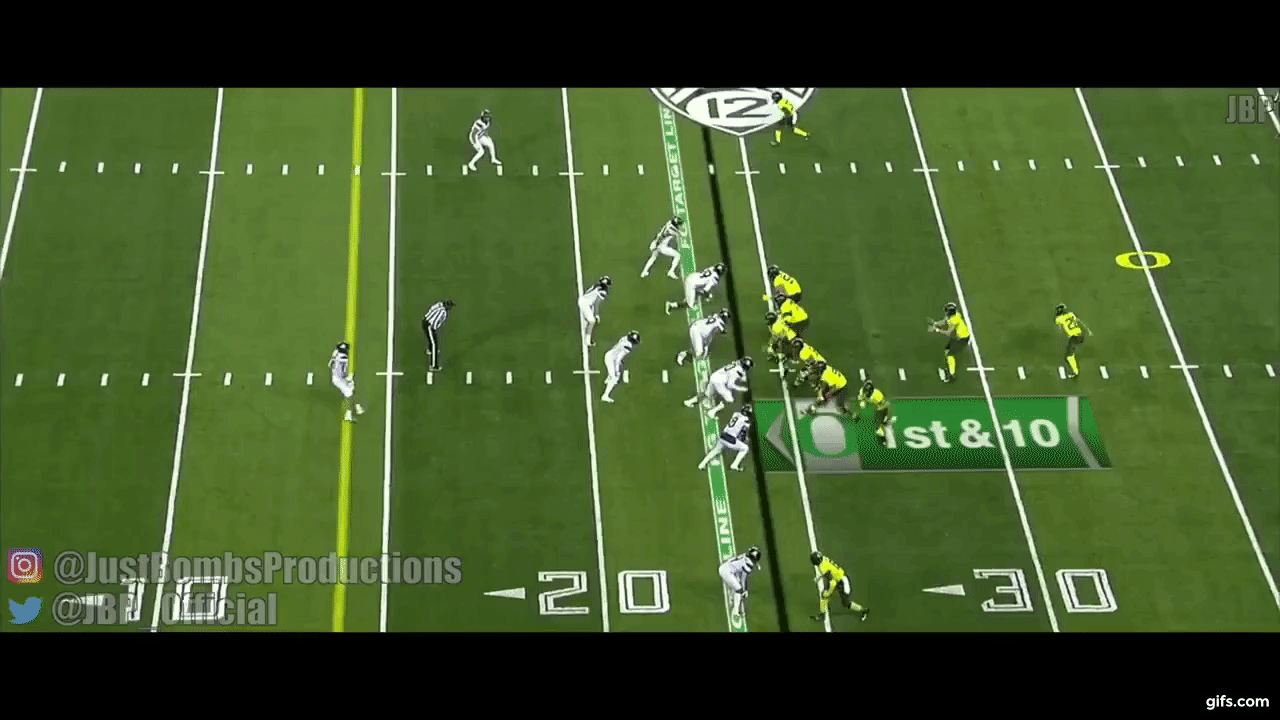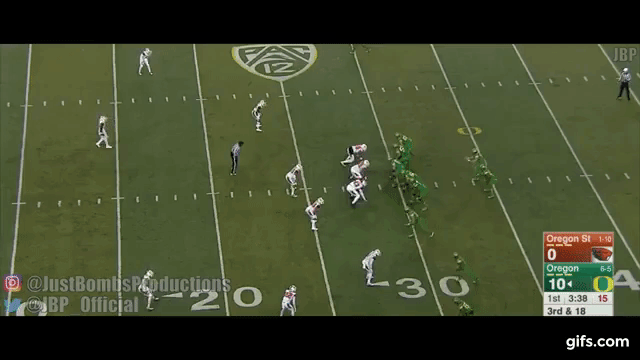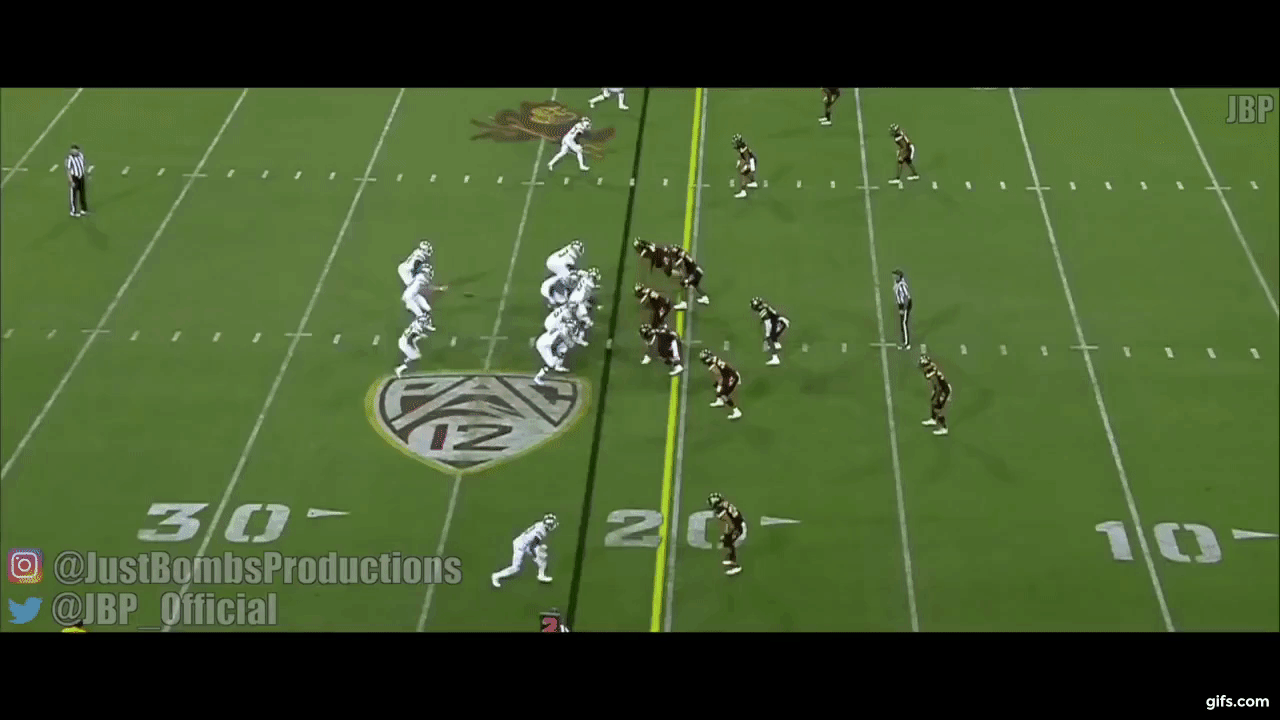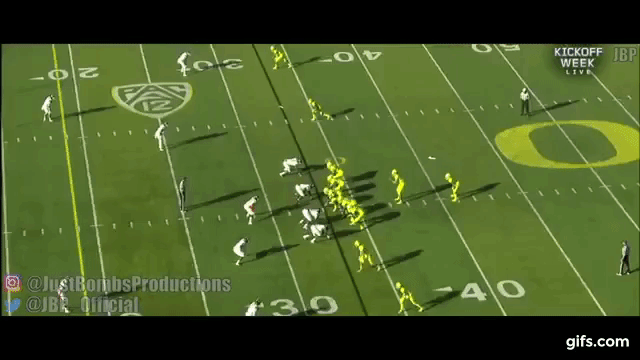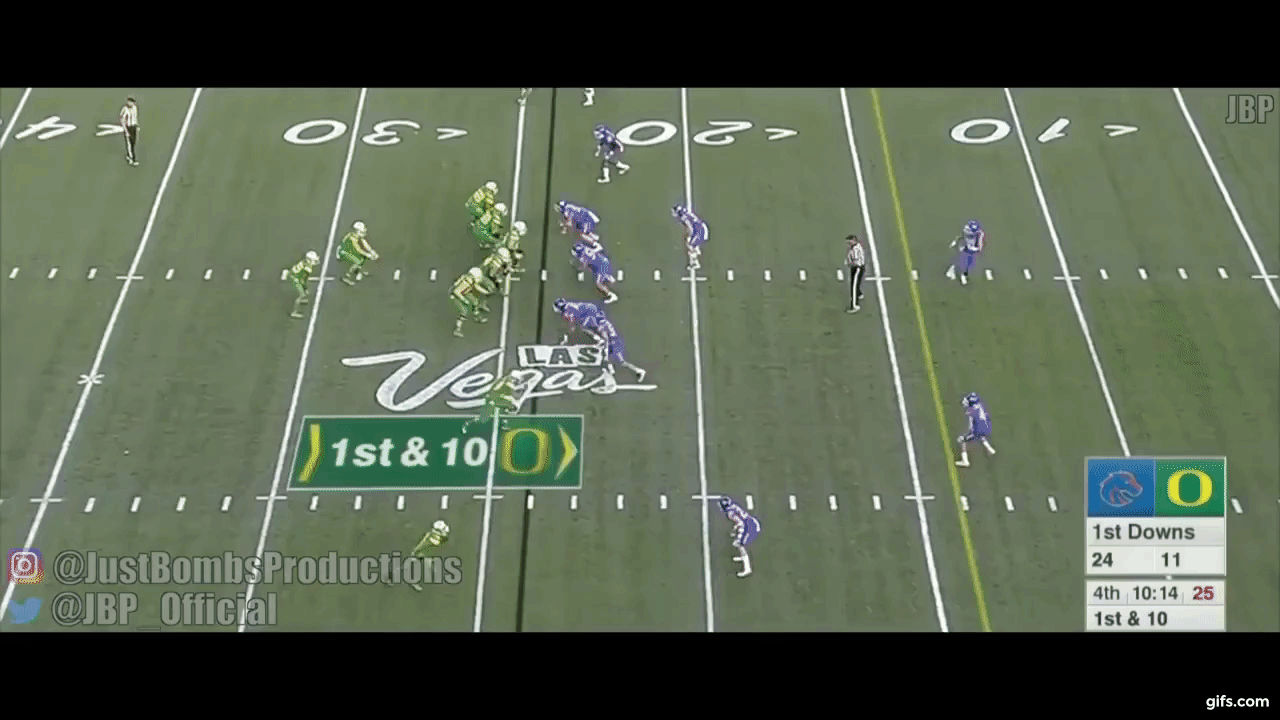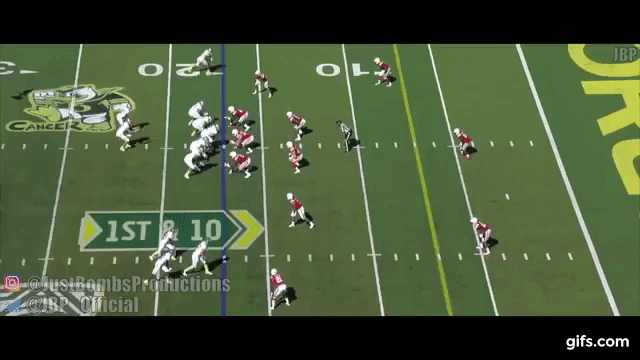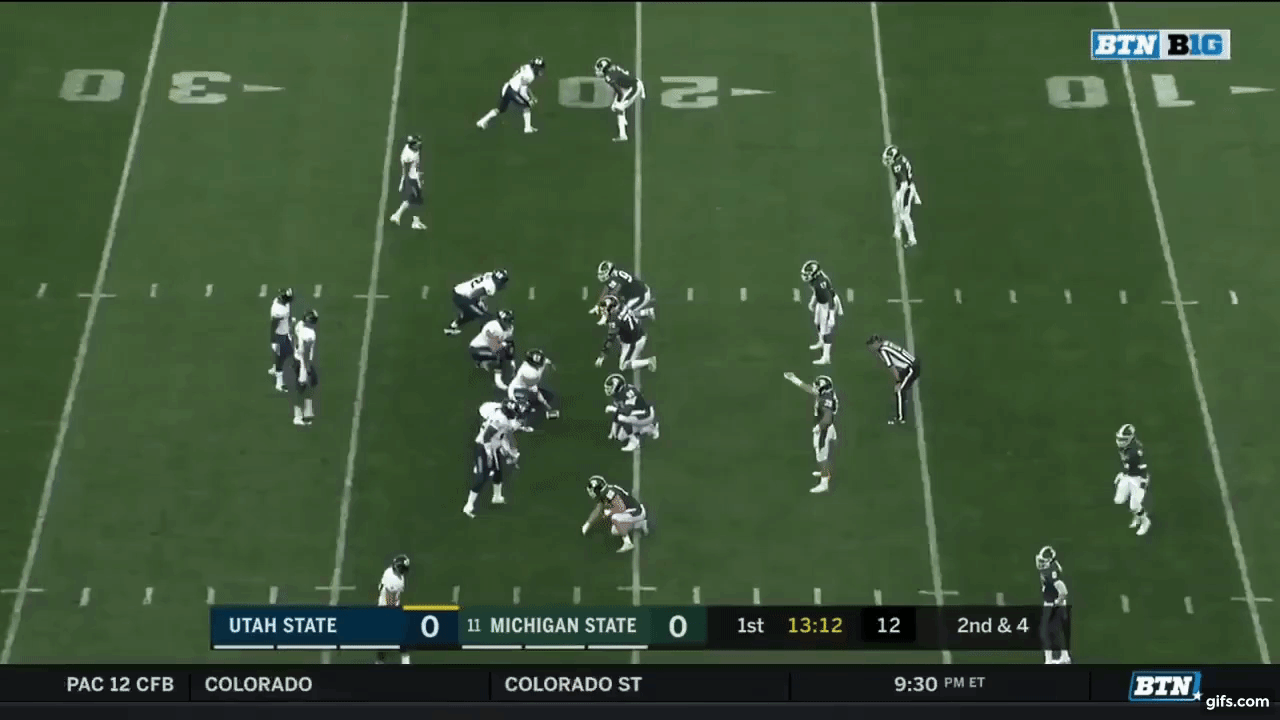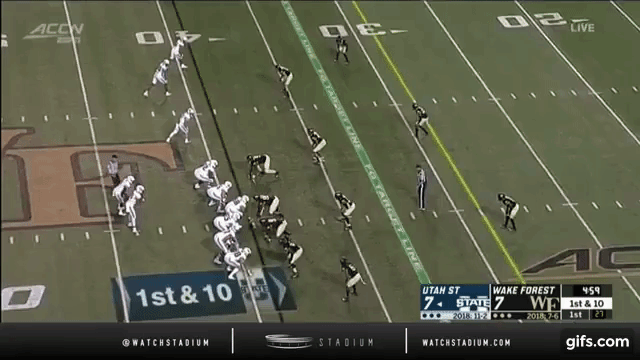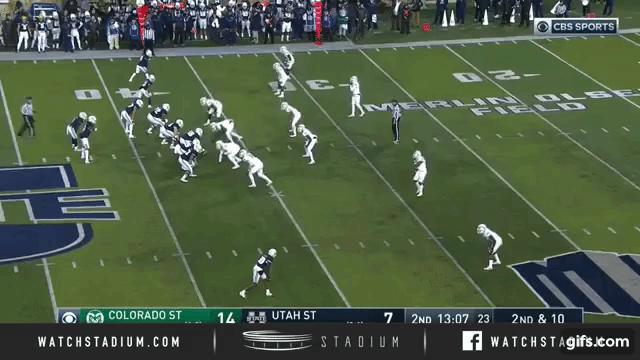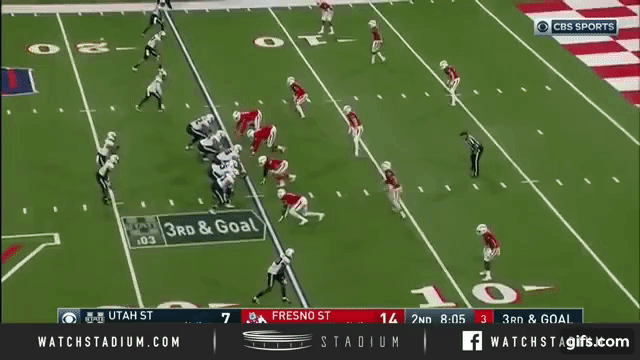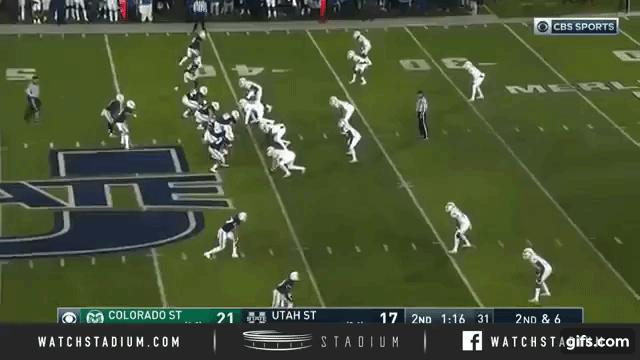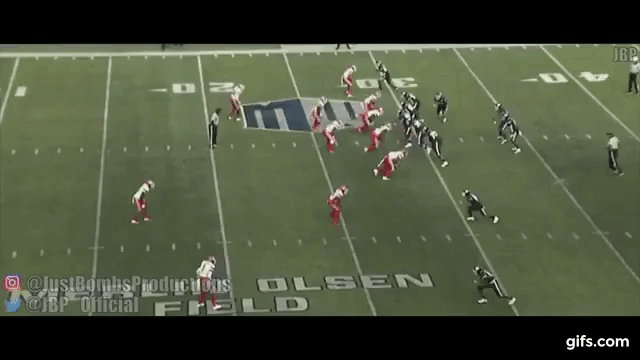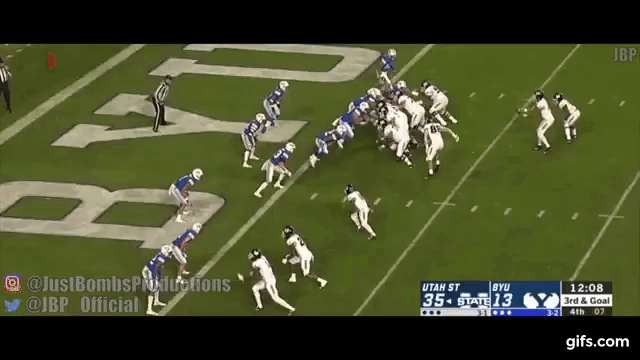The following guest post was written by Gaurav Verma and edited by Cary Krongard.
Last spring, I wrote a blog post detailing the Patriots’ many failures in roster building leading into last year’s draft and how they would lead to mediocrity in the 2022 season and beyond. Unfortunately, many of my predictions and criticisms came to fruition over the course of the season. Namely, Belichick’s hirings of Matt Patricia and Joe Judge to run the offense will go down as the biggest disaster of his coaching career, as well as among the worst personnel decisions in recent NFL history. Just as I had warned, the offensive talent around second-year QB Mac Jones was middling at best, and those factors combined to see him regress after a promising rookie season. Furthermore, the Patriots’ decision to implement and then quickly scrap the Shanahan style offense resulted in a largely wasted 2022 draft class, especially on offense. The one area where the team exceeded expectations was on defense, where jumps from young players and strong performances from veteran leaders led to the team having one of the better defenses in the NFL. Additionally, much to my surprise, the Belichick sons proved they belonged in the NFL on their own merit. Jerod Mayo, widely respected even last year, continued to grow as a coach and appears to be the Head Coach in waiting in Foxboro – another positive development. In aggregate, the situation at Patriot Place does not seem quite as bleak as it was at this time last year. Nonetheless, the team still seems destined for NFL mediocrity over the next few years, not having come close to doing what it takes to catch up to the NFL’s leading contenders nor making the tough call to punt their championship window a few years later in favor of a true rebuild.
The Patriots finished last season 8-9, their second time with a losing record and missing the playoffs in the past three years. This was largely due to an anemic offense and disastrous special teams unit, both which have been improved on in free agency. On offense, the Patriots significantly upgraded their staff. Bill O’Brien should be eons better than Patricia as an Offensive Coordinator and Judge as QB Coach. Patricia also worked extensively with the offensive line last season, a major weakness for the team, but Adrian Klemm from Oregon should be a significant upgrade as well. In terms of personnel, Juju Smith-Schuster should add a little more dynamism to the offense relative to the recently departed Jacobi Meyers. At tight end, Mike Gesicki should provide more production than Jonnu Smith as a complement to Hunter Henry. Tackles Riley Reiff and Calvin Anderson are NFL-caliber tackles and should improve the overall depth on the offensive line, although both battled injuries throughout training camp and are question marks to begin the season. New running back Ezekiel Elliot, while past his prime, should be a good backup to lead-back Rhamondre Stevenson, who has emerged as one of the better RBs in the NFL. On Special Teams, Joe Judge plans to work more with this unit, and getting standout Cody Davis back from injury, re-signing Matthew Slater, and bringing in ST standout Chris Broad from Detroit should help resolve some of their woes from last year. On defense, the team is retaining all its key players from last year except for Devin McCourty and should see some jumps from young players such as CBs Marcus and Jack Jones.
In a nutshell, the Patriots did fairly well in free agency, but given how they compare to other teams—especially in their division—the team did not do nearly enough to vault themselves into the upper echelon of the league. Last year, the Patriots finished a whopping six games behind the division winning Bills, who look just as strong as they did last year. The Pats also finished a game behind the Dolphins, who further improved by trading for Jalen Ramsey—with the pick the Pats sent to Miami for Devante Parker no less, to add insult to injury—giving them a Pro Bowl duo at cornerback. Should QB Tua Tagovailoa remain healthy, it’s likely the talent gap between the Dolphins and Pats will widen even further this season. Lastly, the Patriots finished just one game ahead of the Jets, who traded for Aaron Rodgers, signed Dalvin Cook, and have a young and improving defense. With Rodgers on board replacing the ineffective Zach Wilson alone, the Jets have overtaken the Patriots talentwise, at least on paper. As such, it is very conceivable that the Patriots finish last in their own division, making a playoff berth nearly impossible.
For the Patriots to show progress and again become an attractive destination for free agents and trade-seeking veterans, I believe they need to win a playoff game this season. Team Owner Robert Kraft’s public comments seem to indicate that this is his expectation as well. The team faces an uphill climb to make this a reality, especially considering that the Patriots face one of the most difficult schedules in the NFL in 2023 (the most difficult according to some sources like Sharp Football Analysis). In my mind, the Patriots went into the draft needing 3-4 impact players to compete with the top teams in the NFL. These included a true WR1, a young cornerstone offensive tackle, a shutdown corner, and one more impact front seven player given the high-quality offenses they will have to face if they want to be a contender. This is in addition to Mac Jones bouncing back from his sophomore slump and building on the promise he showed in his rookie season to establish himself as one of the NFL’s better quarterbacks. This lack of high-end roster talent showed up last year, as the Patriots recorded just one win all season against teams that made the playoffs, which won’t cut it in 2023.
To their credit, the Patriots have gotten better at drafting over the past few years and have used the draft to add talent to fill some of those roster holes. After a miserable stretch in the draft from 2016-19, the Patriots strung together solid drafts in 2020 and 2021—although they have jettisoned many of their 2022 selections, particularly on offense. In 2023, I thought the Patriots had a good but not great draft. First Round pick, CB Christian Gonzalez from Oregon, was seen as a top-10 talent and could check off the need for a CB1 as early as this season. Second Round selection Keion White, viewed by many as a first-round talent, should provide the necessary talent infusion in the front seven—even if it was a lesser need than OT or WR. I was initially skeptical of the team’s selection of Marte Mapu in the third round, but he looks to be a versatile chess piece able to contribute at both LB and Safety this year.
The team also closed the draft strong. LSU WR Kayshon Boutte came into the season as a projected top 10 pick but slipped due to a lingering ankle injury and clashes with new LSU Coach Brian Kelly and his staff. However, scouts have compared his talent to that of Deebo Samuel and Stephon Diggs. While those projections might be optimistic, Boutte has as much upside as anyone in the Patriots’ draft class and could be the impact WR that the team has needed for years if he puts everything together. Liberty WR Demario Douglas is another prospect with some upside, and Michigan State’s Bryce Baringer was viewed as the best Punter in the draft and should help the team improve in that department, where they were worst in the league last year. Lastly, Cornerbacks Ameer Speed and Isaiah Bolden have intriguing physical skillsets and played well this preseason, though Bolden will miss the year after suffering a scary head injury in a preseason game versus the Packers.
The Patriots could, however, have been more aggressive in the fourth to fifth rounds to fill holes with blue chip players. Center Jake Andrews was widely viewed as a reach at the top of the fourth round and fellow fourth round selection Sidy Sow is a project they are looking to convert to tackle but is unlikely to be a key factor this year. The Patriots’ third fourth round pick, Chad Ryland, was viewed by many as the second-best kicker in the draft, but his scouting report does not indicate that he’s a special prospect. Although he’s displayed a big leg in Training Camp, drafting kickers has almost always been a risk not worth taking, particularly that early in the draft. Fifth round selection Atonio Mafi looks to be the strongest of the bunch and is poised to be a top backup at Guard this season.
While each of these picks are individually defensible, in aggregate, they represent a misuse of assets if the goal is to compete this year. The Patriots could have packaged some of these picks to move up in the second or third round and either target playmakers for Mac Jones or an offensive tackle to protect his blindside. Mid-round picks can also fetch talented veterans in a trade—as evidenced by the Philadelphia Eagles trade for Lions RB D’Andre Swift—and the team could also have used some of their picks on a trade for an impact veteran that could bolster the roster this year. Given that opportunity cost, for the Patriots to have utilized their picks in Rounds 4-5 on reaches at positions not aligned with their core needs was a puzzling strategy.
Ultimately, while the Patriots did improve the team in all three phases of the game through the draft and free agency, they did not do enough to compete for more than a wild card spot and first-round exit. Just as they have in previous years, they passed on opportunities to be aggressive to move up their championship window, with their failure to land DeAndre Hopkins a prime example. They also chose not to make the tough choices necessary to accumulate draft capital to build a contender in the future. Instead, they again chose a middle-ground that seems likely to result in mediocrity for years to come.
Given his age, it is understandable that Belichick likely does not want to be around for a long rebuild. But if that is the case, he needs to stockpile the talent necessary to be a contender ASAP. Belichick has certainly earned himself a long leash, but the team faces an inflection point this season. Should they defy expectations and come out of the gates looking like a solid playoff team, they should be aggressive in adding impact players at the trade deadline this year as well as next offseason to become one of the NFL’s better teams before Mac Jones’s rookie contract is up and he requires a raise. However, if the team seems destined for mediocrity or worse again at the deadline, they need to make the tough but necessary decision to pursue a complete rebuild. Trading older veterans like Matthew Judon, Adrian Phillips, Kendrick Bourne, and Hunter Henry, who may not be impact players when the team’s window reopens after a rebuild in a few years, could help them recoup valuable draft capital they need to build a contender in the future.
Given his accomplishments, Belichick deserves the opportunity to coach the team should they pursue either of those routes. The Patriots cannot, however, remain mired in mediocrity for years to come. And if Belichick is unwilling to make the changes needed to avoid that fate, Mr. Kraft should let him go at the end of the season and hire someone willing to make the decisions required to make the Patriots a contender again, be it next season or after a rebuild.
About The Author:
Gaurav Verma is a recent graduate of The MIT Sloan School of Management with an MBA in Finance. At Sloan, he served on the Leadership Team for the 2023 Sloan Sports Analytics Conference (SSAC). Prior to business school, he spent four years in Investment Banking after graduating from Johns Hopkins University. He was born and raised in the Boston-area, and is an avid sports fan. He can be reached via email at gauravv@mit.edu.




